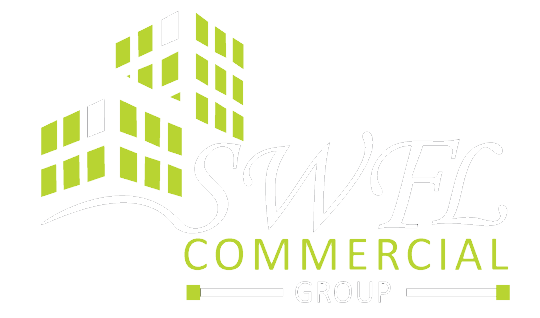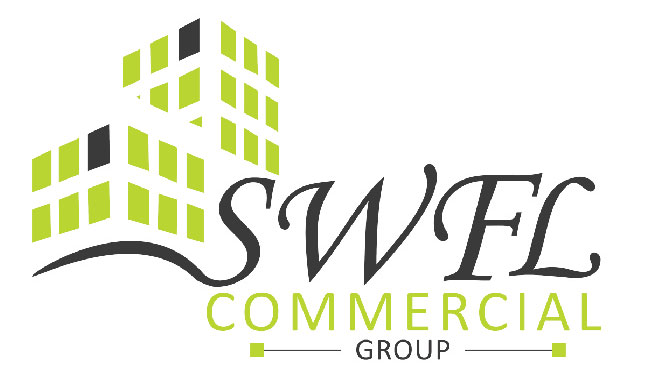Commercial property owners and their tenants’ have an interesting relationship. It’s great when it works, but it can get sour when it doesn’t.
Knowing the most common quarrels is vital. Doing this helps you anticipate these issues and maybe prevent them, which should always be the goal.
Common Issues Between Landlords and Tenants
Issues happen and can get expensive for both parties involved.
Anticipating these issues can save a ton of grief and cash. Most problems could be prevented if the tenant reads the entire lease before signing, but agreements are lengthy and complicated.
No one has the time, but you can try to highlight some of these before they sign. Maybe it’ll help prevent these issues. The following are some common issues:
Maintenance and Repairs
No one wants to deal with repairs and general maintenance expenses. These are quite costly, so it makes sense that no one wants to fork up the cash.
Typically, the landlord deals with issues with the property’s exterior and structural issues. This leaves everything else to the tenants, but this isn’t something your tenants want to hear.
They’ll push back even if it’s in the contract. Keep in mind that each contract is different. Some could ask the landlord to take care of more things, like the plumbing.
It’s up to the tenant and landlord to agree about who’s responsible for what before the contract is signed.
CAM Charges
A commercial lease asks the tenant to pay more than just the rent.
Sometimes, the tenant has to deal with their portion of Common Area Maintenance or CAM Charges. They also have to deal with their portion of the landlord’s insurance and the property taxes.
A tenant has a specific amount of cash they can spend. They calculate the rent and expect to pay that much.
The problem is that CAM charges and other similar charges can spike the rent abruptly.
If the landlord decides to fix the roof and says that it’s a CAM charge because the roof benefits the tenant, this will spike the rent.
This is why a dispute may happen. While it makes sense to do this to tenants, at some point, landlords will have a hard time getting renters.
It’s best to reduce the possibility of rent spikes.
Rent Withholding
You’ll likely never find a lease that allows tenants to withhold rent from landlords.
Usually, somewhere in the lease, it states that withholding rent could result in an eviction.
While this may be true, some tenants will still threaten to withhold the rent. They may do this because they believe the landlord isn’t complying with the lease agreement in some fashion.
Maybe the landlord hasn’t addressed structural issues that fall within their responsibilities. Still, tenants can’t do this.
What they can do is deposit the rent in an escrow account until disputes are settled. Doing this ensures tenants aren’t evicted, giving the landlord peace of mind.
Wise landlords hire a commercial property management team to address issues promptly to prevent these sorts of actions.
Assignment Issue
Another problem that arises in these sorts of arrangements has to do with assignments. This involves who has the right to assign a new tenant.
In essence, it has to do with the tenants’ ability to sell their business to another. This other entity will become the new tenant.
The landlord usually has to approve tenants, so this predicament is strange since anyone could buy a business.
Normally, the tenant has the final say whether the buyer can become the new tenant or not. The landlord can ensure that this is a smooth transition by writing all this into the contract.
Maybe the new tenant has to submit pre-check documents to see if the landlord approves of this new tenant.
Renewing
Business owners usually like to feel out an area. If the location is good, they’d like an opportunity to renew their lease.
The problem is that some tenants forget to pay attention to what this means. It could be that the landlord requires notice if the lease will be extended.
Sometimes, the lease isn’t renewed automatically just because you pay your rent.
If tenants overlook what it takes to renew their lease, the landlord could take advantage. If the market is good, they could use this as an opportunity to raise the rent considerably.
Now, you know everything that could happen between landlord and tenant. Hopefully, these points help smooth out this relationship a bit more.





